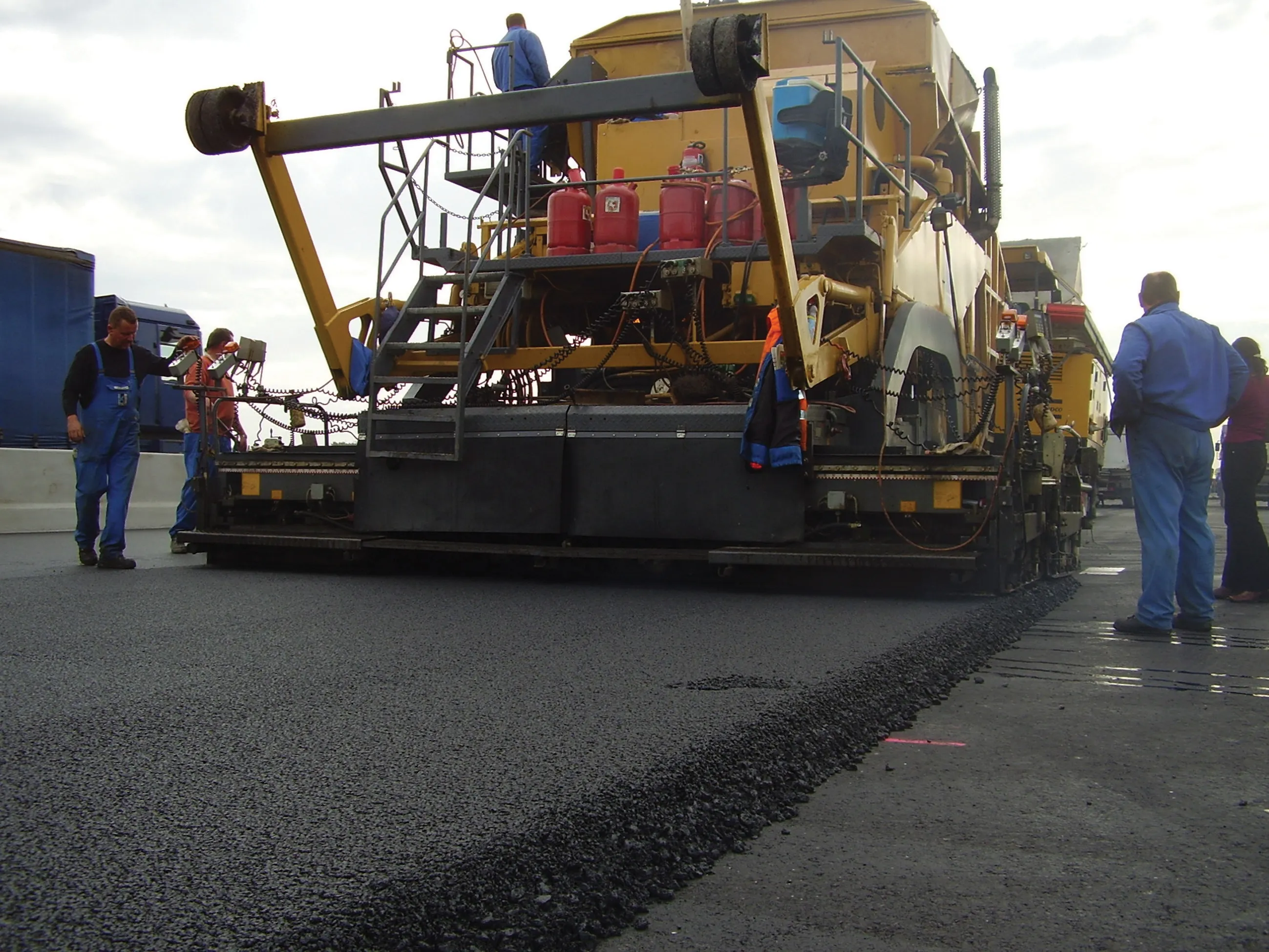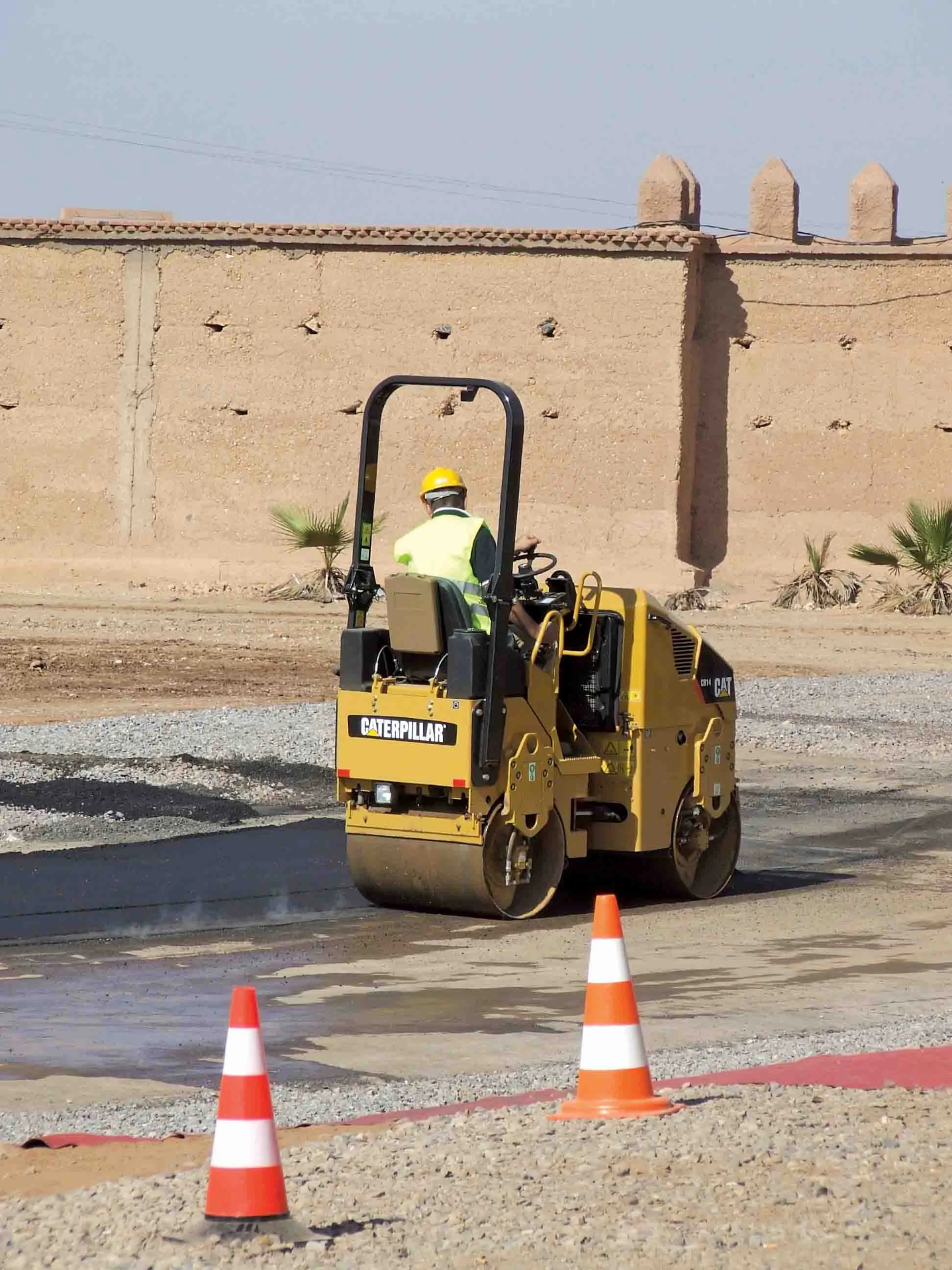A new 167km highway will be built in the Tibet Autonomous Region of China. This will provide an improved transport link between Shigatse (Xigaze) Peace Airport and Lhasa. The project is expected to cost US$3.95 billion. A feasibility study has been carried out into the project and submitted to the region’s transport department. The existing G318 National Road connects the airport with Lhasa but features a number of sharp turns and the new link will provide extra capacity as well as improved safety levels for users. The project will be of major benefit to the area as improving the transport network will help develop economic activity.
Construction of the road will face a number of challenges however, not the least of which will be the altitude. At some 3,500m above sea level, Lhasa’s altitude means that equipment and materials for the road project will have to cope with tough conditions. Engines typically run hot and lose power at altitude due to the effects of lower air pressures on cooling and combustion, so machine performance will be reduced. Meanwhile newly laid asphalt will be likely to cool quickly, requiring a special focus on efficient (and quick) compaction. Cold winter weather will also pose challenges with regard to freeze thaw issues and may require the use of special bitumen grades or additives to cope with the climate.
New link for Shigatse Airport in China
A new 167km highway will be built in the Tibet Autonomous Region of China. This will provide an improved transport link between Shigatse (Xigaze) Peace Airport and Lhasa. The project is expected to cost US$3.95 billion. A feasibility study has been carried out into the project and submitted to the region’s transport department. The existing G318 National Road connects the airport with Lhasa but features a number of sharp turns and the new link will provide extra capacity as well as improved safety levels
September 13, 2018
Read time: 2 mins









